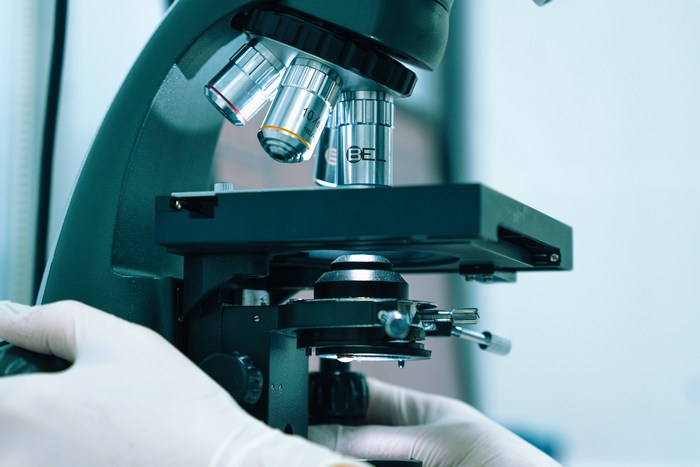
Single cell transcriptome technology for the study of autoimmune diseases
The number of patients suffering from autoimmune and autoinflammatory diseases is increasing every year. In order to improve approaches to the diagnosis of such diseases, it is necessary to carry out a detailed analysis of the characteristics of the functioning of the patient's immune system using timely molecular genetic research methods and cell analysis. These studies will allow us to take a new approach to understanding the pathogenesis (conditions and mechanisms of onset and progression) of autoimmune and autoinflammatory diseases and thus to develop fundamentally new and effective approaches to their targeted therapy.
The functional state of immune cells is key to understanding their involvement in the pathological process. A new method is currently being developed for this purpose – single-cell transcriptome analysis, which is an assessment of the functional activity of each individual cell.
Researchers at the Autoimmune and Autoinflammatory Diseases Research Laboratory of the WCRC Centre for Personalized Medicine (Unknown, Rare and Genetically Determined Diseases Unit) studied 14 samples of peripheral blood mononuclear cells from patients with autoimmune and autoinflammatory diseases. A joint study by geneticists, molecular biologists and immunologists compared the results of routine methods used to describe the subpopulation of cells with the newly obtained results of transcriptome analysis. It turned out that each subpopulation, even the smallest, has its own profile of functional activity. The main populations were identified: monocytes, lymphocytes, etc. In addition, the use of new approaches made it possible to identify and evaluate the functional activity of smaller subpopulations of cells: helper T-cells help activate cytotoxic T-cells, etc., i.e. those that regulate the activity of the entire immune system and whose dysfunction leads to the development of autoimmune diseases.
A proven new approach to studying the functional state of the cells of the immune system in patients with autoimmune and autoinflammatory diseases will make it possible to study the pathogenesis of disease at the molecular level, which will enable the development and implementation of new, early diagnostic methods as well as fundamentally new methods of therapy.
